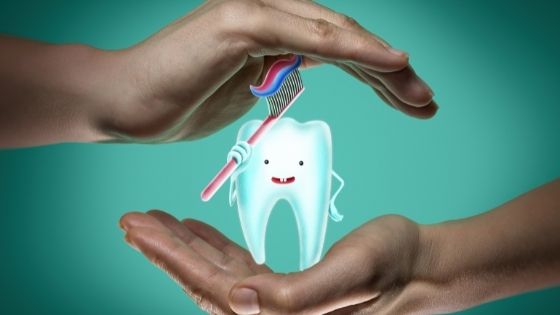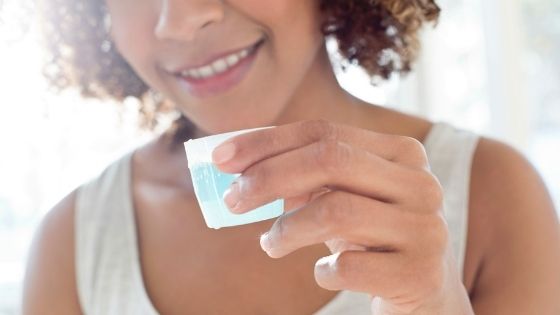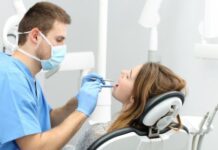Achieving healthy teeth requires a lifetime of care. Even if you are born with a nice set of teeth, you still need to take good care of them to prevent potential dental problems. Poor oral hygiene can result in tooth decay and premature loss of teeth, which may require you to get dental implants in London, Ontario. Proper dental care involves practicing good oral hygiene and using the right dental care products.


• Brush Your Teeth Before Going to Bed
Brushing your teeth regularly and thoroughly twice a day is the bedrock of dental hygiene. Dentists recommend brushing every morning and every night, about 2 minutes—spend about 30 seconds for each side. Unfortunately, some people tend to forget to brush their teeth before going to bed. Brushing your teeth at night helps kill harmful oral bacteria and removes plaque that accumulates throughout the day.
Also, make sure to replace your toothbrush every 3 to 4 months or when the head becomes loose and worn out.
• Practice Proper Brushing Technique
Brushing twice daily is crucial, but brushing your teeth the right way is equally important. Here are several key points to keep in mind:
- Right size – Use the right-sized toothbrush that allows you to reach every dental surface in your mouth.
- Appropriate angle – Brush your teeth at a 45-degree angle to the gums.
- Short strokes – Use brief, gentle strokes, moving back and forth when brushing your teeth. Employ vertical strokes when you brush the inner surfaces of front teeth.
- Do not forget your tongue – Be sure to brush your tongue thoroughly as it can also be a thriving place for plaque-causing bacteria.
• Do Not Forget to Floss
In addition to brushing, flossing between your teeth daily also helps protect your dental health. You can use standard floss, pre-threaded flossers or water flossing devices to remove food particles trapped between your teeth and along your gumline that brushing cannot reach.
• Consider Using Mouthwash
Rinsing with mouthwash also helps maintain good dental hygiene. However, not all mouthwash products are created equal. Cosmetic mouthwashes do not effectively kill the bacteria that cause gum disease and only mask bad breath.


On the other hand, therapeutic mouthwashes are widely recommended by dental professionals. When purchasing an OTC and prescription mouthwash, look for these active ingredients:
- Cetylpyridinium chloride
- Chlorhexidine
- Essential oils
- Fluoride
- Peroxide
• Practice Healthy Lifestyle
Eating nutritious and well-balanced meals, quitting smoking, and limiting alcohol intake are not only good for your body but also your mouth, teeth, and gums.
• Drink More Water
Water continues to be the healthiest drink for both your body, including oral health. Drink water after every meal helps neutralize the acidity in our mouth, wash out food particles, and minimize the effects of eating and drinking.
• Limit Sugary Drinks
While dentist recommend limiting your consumption of sugary drinks, such as soda, coffee, and sweet tea, it is better to consume it right away than sipping it throughout the day. Harmful bacteria feed on sugar and metabolize it into lactic acid. This causes the erosion of tooth enamel, which lead to the formation of dental caries.
• Visit Your Dentist Regularly
Visiting a trusted dental clinic, such as Springdale Dental Centre and Lambton Family Dental is essential for your oral health. Having your teeth checked and cleaned regularly helps prevent the buildup of plaque and tartar, as well as detect early signs of dental problems and oral cancer. The sooner these issue are caught, the dentist can provide you with more proactive treatment. As a rule of thumb, dental professionals recommend professional teeth cleaning every 6 months. However, in some cases, the frequency of dental visits usually depends on your specific dental needs. Patients with gum disease, cavities, and other dental problems may undergo additional work to ensure your oral health is in top condition.

























